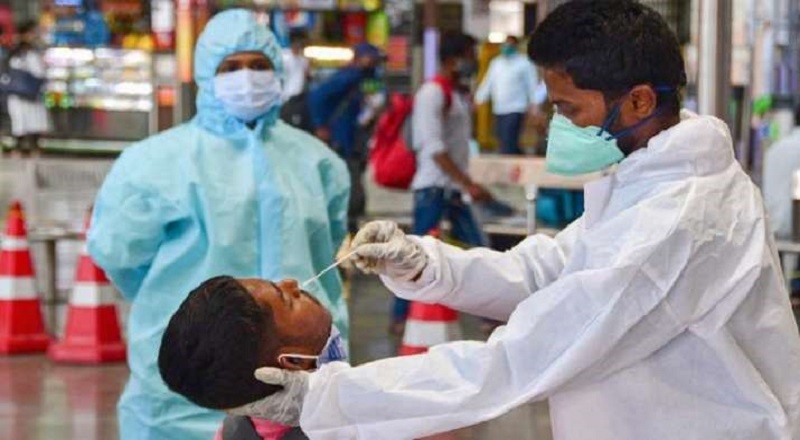The government asked people to avoid non-essential travel and mass gatherings, citing the unprecedented pace at which the highly transmissible Omicron cases strain of the coronavirus is spreading.
India’s tally of Omicron cases breached the 100 mark on Friday after reporting the first one earlier this month. “Omicron is spreading at a rate we have not seen with any previous variant. We are concerned that people are dismissing Omicron as mild. The sheer number of cases could once again overwhelm unprepared health systems.
Vaccines alone will not get any country out of this crisis masks, physical distancing, ventilation and hand hygiene should be followed along with vaccines,” Lav Agarwal, joint secretary, Union health ministry, told reporters on Friday. In India, 101 Omicron cases were reported from 11 states and Union territories. Maharashtra tops the list with 32 cases, followed by Delhi at 22 and Rajasthan with 17.
Dr Balram Bhargava, director general of the Indian Council of Medical Research (ICMR), said that this is the time to avoid non-essential travel and mass gatherings, and it is important to observe low-intensity festivities. The World Health Organization (WHO) said that Omicron is spreading faster than the Delta variant in South Africa, where Delta circulation was low.
It also appears to spread faster than Delta, where the incidence of Delta is high, such as in the UK. The UN health agency said that Omicron would likely outpace the Delta variant where community transmission occurs. As in most countries, those hospitalized and dying are not vaccinated, Agarwal said, adding the priority must be to vaccinate the unvaccinated, even in nations with access to jabs.
Also Read: Beware! India may see 14 lakhs Omicron cases daily
“Ever since Omicron became a ‘variant of concern’, guidelines were issued for states to take precautionary measures. On a daily basis, trajectory across the world, along with emerging evidence, is being analysed to identify priority actions,” said Agarwal.


Comments are closed.